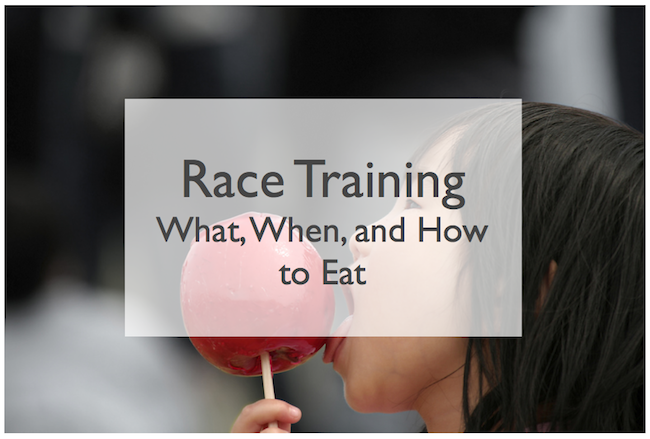Do you know how fast you run? I started using the Nike+ Running app a few months ago and now have a very complete idea about my pace and what changes it. When I started using the app, I was comfy at a solid 10:00 minutes/mile. Not too shabby, but nothing to write home about, especially in the marathoning world. Now, I am down to a 9:14 average! That is a pretty big deal for this yogi. I have never averaged that low. This is also super fantastic for me because I wanted to be at 9:30 min/mile for the Expedition Everest Challenge. Nailed it.
Now that I know my speed, I have so many other questions... What is considered a good running pace? What is a healthy increase in my overall pace? Should run times decrease during long runs or short? How do people run a mile in 4-minutes?
Some of these questions are still left unanswered (future posts, perhaps?), but I found a website that gave me a pretty good idea of what bracket I fit into running wise. Runner's World has a pretty great race percentile calculator for all you time needs. All you do is input your age, gender, run distance, and run time. Then, your percentile is calculated for you. Turns out that I am the definition of a happy medium at 52% for 27-year old women running 4-miles.
52% is pretty darn great and all, but being 52% made me search out information on how to decrease run times in a healthy manner. I am sure there will be a blog post on that soon enough, but this article is great (albeit long) in the mean time.

